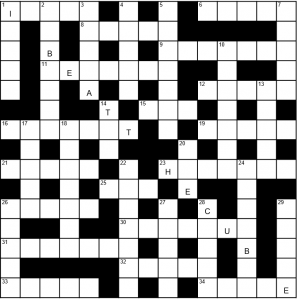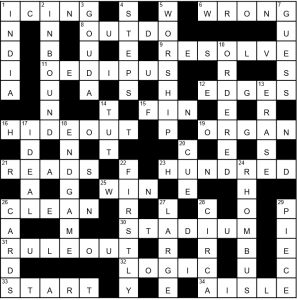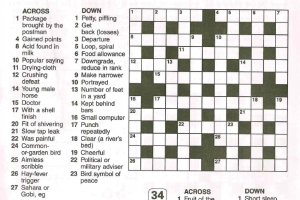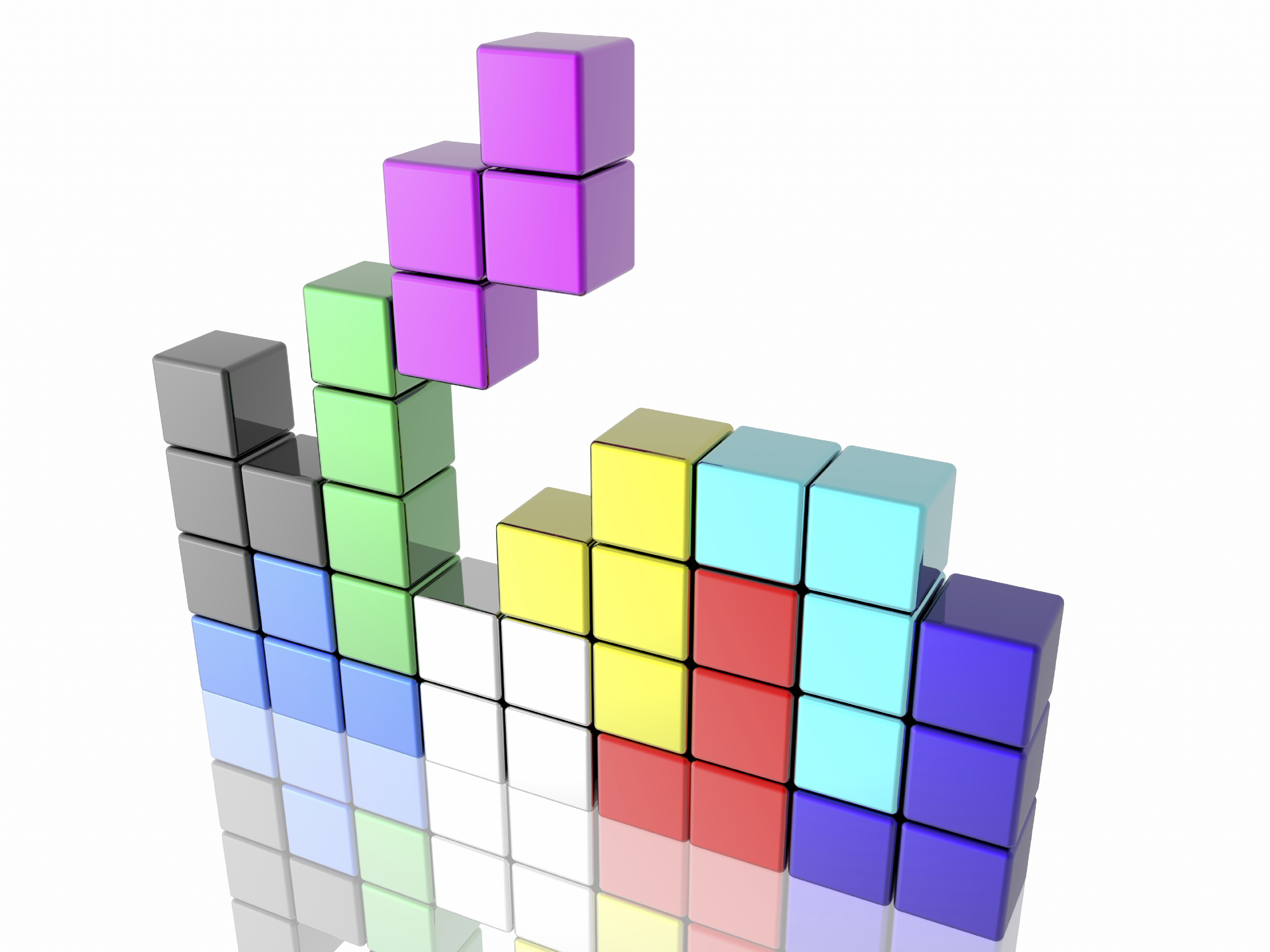Audience participation is something I am interested in including in my performance. My performance is self-aware and there is no fourth wall so I should certainly acknowledge the audience and include them when appropriate.
Regarding puzzle games, receiving help from others can be an interesting experience. Although working together makes these problems easier, that’s not necessarily what is always wanted. An example of this which I have witnessed comes from watching my grandparents playing solitaire on the computer. On a side note it is amusing that the etymology of the name “solitaire” comes from solitary, implying the game is to be played alone. Both my grandparents regularly played solitaire on the computer, but quite often when my grandmother played, my grandfather would stand over her shoulder watching, pointing out the best move to make, and saying “nope” at any mistakes, much to her frustration. The help that my grandfather was trying to provide had the best intentions but it would constantly irritate my grandmother every time. The satisfaction from puzzle solving is not always just in seeing the finished solution, but from knowing that we were able to work it out on our own. This experience is something I want to demonstrate in my performance. I plan to replicate the frustration of someone pestering whilst trying to solve a puzzle. In one section of my show I will have a sudoku puzzle on a whiteboard and invite a member of audience on stage to solve it. At the soonest moment of hesitation from the audience member I will question their ability to solve the puzzle. From there I will continue to criticise the audience member and put them under pressure as they attempt to solve it. This will be a good opportunity to use the words “TUT” and “WRONG”, and “ERASE” as a stage direction possibly. If I design the sudoku myself I can also make certain parts of it secretly impossible and then get annoyed when the audience member gets it wrong. Hopefully this will be another opportunity for adding to the humour of the piece. Teasing a member of the audience can be amusing as they are naive to what is going on and if the performer remains in control, the advantage of the performer knowing what’s going to happen next can have a great comical effect. It also breaks down the barrier between performer and audience, hopefully allowing the audience to feel comfortable enough to laugh.
Another moment where I hope to include the entire audience, is in a collective Rubik’s cube solving. After mixing up a Rubik’s cube, I will pass it round the audience telling everybody to turn it once, hopefully convincing people that by the time everyone turns it, it will be solved. I will convince the audience of this by talking about a scientific theory called the wisdom of crowds. The theory basically states that collective guesses average out as an accurate answer. It can be seen at fun fairs in “Guess the weight of the teddy bear” or “How many sweets in the jar?” style competitions. People’s guesses can hugely vary but when the average is calculated the result is always very close to the true answer. I have included a link to an article which explains the theory in more depth.
https://larspsyll.wordpress.com/2013/09/17/the-wisdom-of-crowds-and-bean-jar-experiments/
However, the idea that this can work with a Rubik’s cube is unproven and probably very unlikely. I will build it up like the experiment will work and the Rubik’s cube will be solved if everybody focuses on getting it right but I will be full prepared for it to seemingly go wrong. I think this moment will be amusing and bring the audience together because every single person will get to have a direct involvement. I don’t know how exactly the audience will react to this until the performance happens but I hope it will create a mixture of excitement about it going right and amusement about it going wrong.




